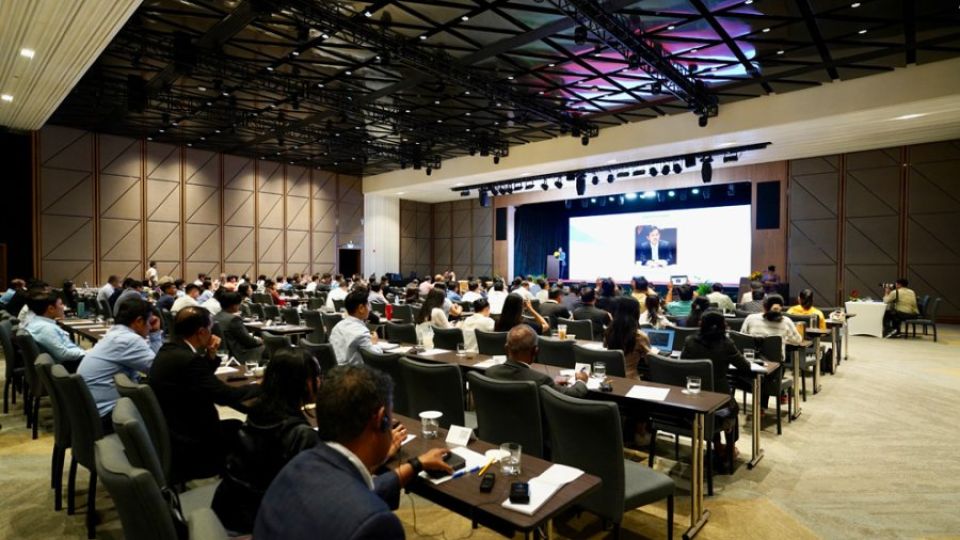November 4, 2024
PHNOM PENH – The Ministry of Information has reportedly provided legal protection to nearly 40 journalists in Cambodia in 2024.
Ministry spokesperson Tep Asnarith highlighted these efforts during the recent “Confidence in the Cambodian press: Ethical journalism for the public good” conference in Phnom Penh, held on October 31.
Speaking to a gathering of 150 attendees, including stakeholders from the Cambodian Journalists Alliance Association (CamboJA), UNESCO and diplomatic partners, Asnarith elaborated on the ministry’s interventions.
“In the first half of 2024, we provided legal support to properly registered journalists who faced challenges in their work,” he said, noting the ministry’s role in resolving 20 cases through mediation and court support.
By the third quarter, the ministry had mediated 17 additional cases of professional misconduct, providing guidance on ethics and standards.
Asnarith affirmed that the government and the ministry are committed to fostering a positive environment for journalism and audio-visual media, advocating for press freedom in a fair, impartial and non-political manner.
“The protection of journalists is one of our top priorities, aimed at ensuring trust and support for those adhering to professional ethics within the legal framework,” said Asnarith.
The spokesperson also commented on the growing impact of digital platforms.
While Cambodia’s open internet access has been a boon for information sharing, it has also facilitated the spread of fake news, often through social media platforms.
“This digital convenience benefits daily life,” he remarked, “but it also poses challenges, since fake news has become a significant societal concern, especially through social media platforms like Facebook, TikTok and YouTube.”
Fake news can pose challenges to the credibility of journalists and traditional media outlets, raising ethical concerns around the content shared on these digital platforms.
However, not all journalists fall within the protection umbrella offered by the ministry.
Freelance journalist Mech Dara, for example, recently faced legal challenges that the ministry asserts are unrelated to his journalistic work.
In a recent statement, the ministry rejected claims that Dara’s arrest reflects a crackdown on press freedom, stating that the charges against him stem from violations of laws against disseminating false information.
The ministry contends that Dara’s actions do not fall under protected freedoms, as they allegedly involve “falsifying information and posting inciteful messages designed to distort truth and create public confusion.”
The ministry’s statement urged caution, emphasising that “acts of distorting facts and fabricating false information do not constitute freedom of the press or freedom of publication.”
It further clarified that violations outside journalistic activities – noting that Dara’s journalist mandate expired in 2022 – are subject to civil and criminal consequences, reinforcing that press freedoms are bound by ethical and legal limits.


